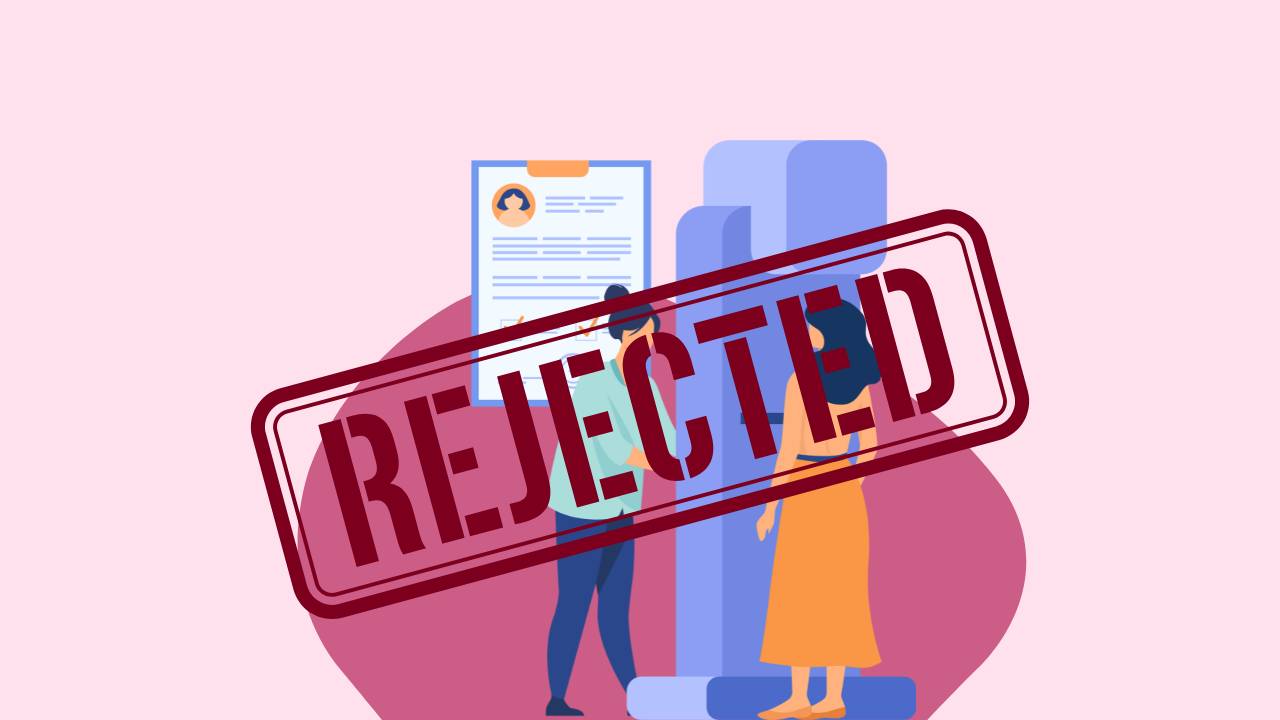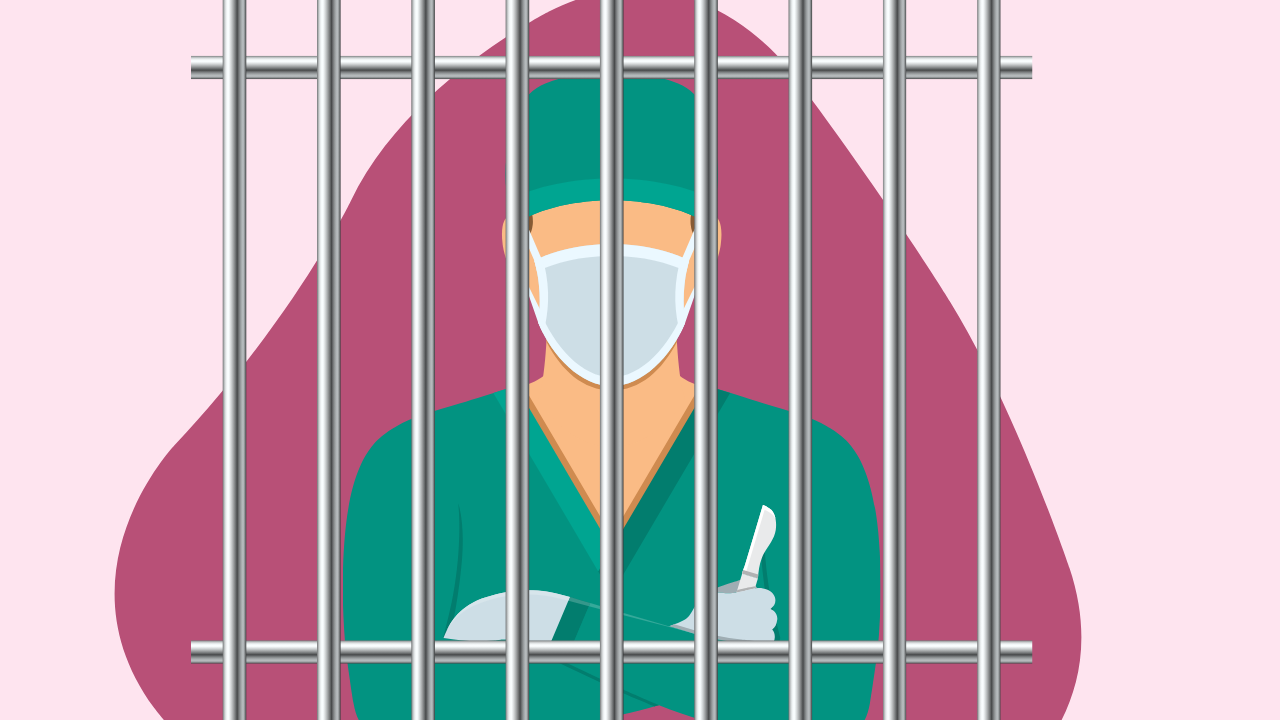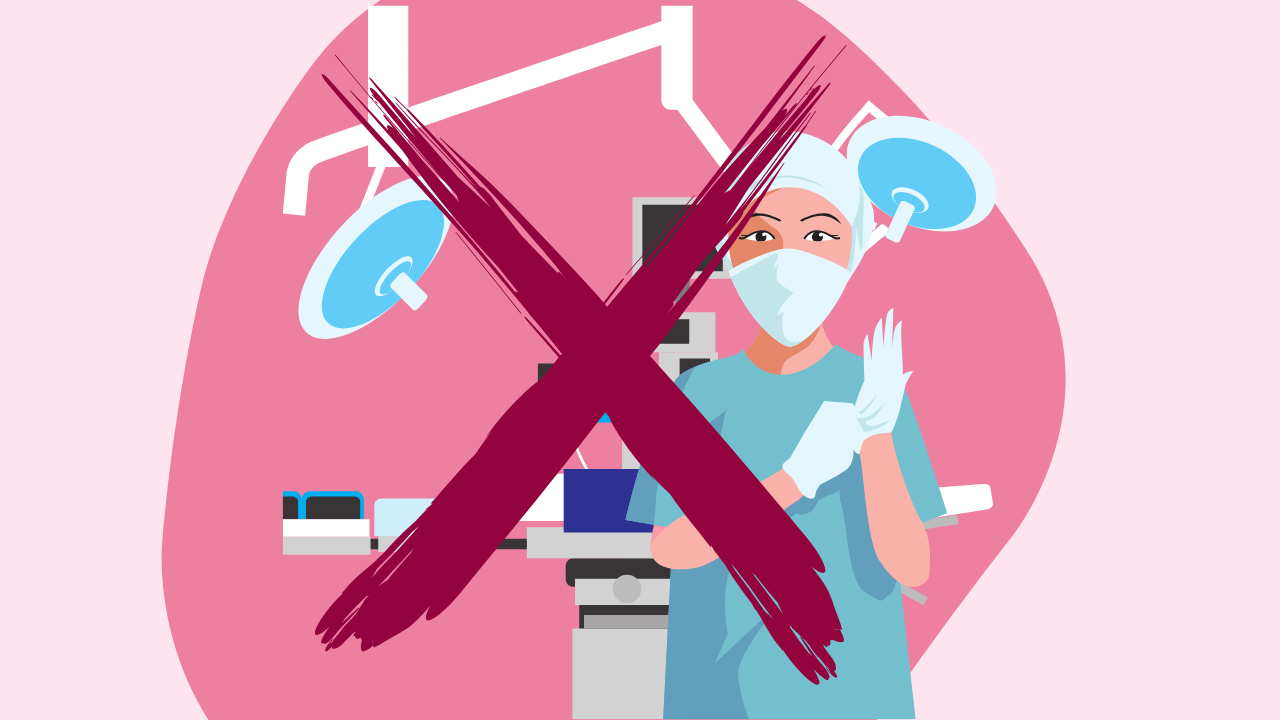Five States Seeing a Rise in Breast Cancer Among Women Under 40

Recent studies have highlighted a concerning trend: an increase in breast cancer rates among women under 40 in certain U.S. states. This uptick underscores the importance of awareness and proactive health measures for young women.
States with Rising Breast Cancer Rates in Young Women
Research from Columbia University's Mailman School of Public Health, covering data from 2001 to 2020, identified five states with notably higher early-onset breast cancer incidence:
- Connecticut: Reported the highest rate, with 41 cases per 100,000 women.
- Maryland: Significant increase in cases among women under 40.
- New York: Notable rise in early-onset breast cancer.
- New Jersey: Elevated incidence rates observed.
- Hawaii: Higher rates compared to other states.
In these states, the incidence was 32% higher compared to those with the lowest rates.
Factors Contributing to Regional Variations
The reasons behind these regional disparities are not yet fully understood. Researchers are investigating potential factors such as environmental exposures, lifestyle behaviors, and socioeconomic determinants. Notably, the increase cannot be solely attributed to genetic factors or changes in screening practices, as routine mammography is generally recommended for women aged 40 and above.
Recommendations for Young Women Under 40
Given these findings, it's crucial for young women to take proactive steps in managing their breast health:
- Establish a Relationship with a Knowledgeable Healthcare Provider: Having a trusted doctor familiar with your medical history ensures personalized care and timely interventions.
- Perform Regular Self-Examinations: Monthly self-exams help you become familiar with your breasts, making it easier to notice any unusual changes early on.
- Discuss a Personalized Screening Plan: While routine mammograms may start at 40, those with higher risk factors should consult their doctor about earlier or additional screening methods.
- Be Informed About Breast Density: Dense breast tissue can make it harder to detect abnormalities on mammograms and may slightly increase cancer risk. Discuss your breast density with your healthcare provider to determine the best screening approach.
- Understand Your Genetic Risk: A family history of breast cancer or known genetic mutations (like BRCA1 or BRCA2) can elevate your risk. Genetic counseling and testing can provide insights and guide preventive measures.
The rising rates of breast cancer among women under 40 in specific states highlight the need for heightened awareness and proactive health strategies. By staying informed and engaged in their healthcare, young women can better navigate their breast health and mitigate potential risks.





